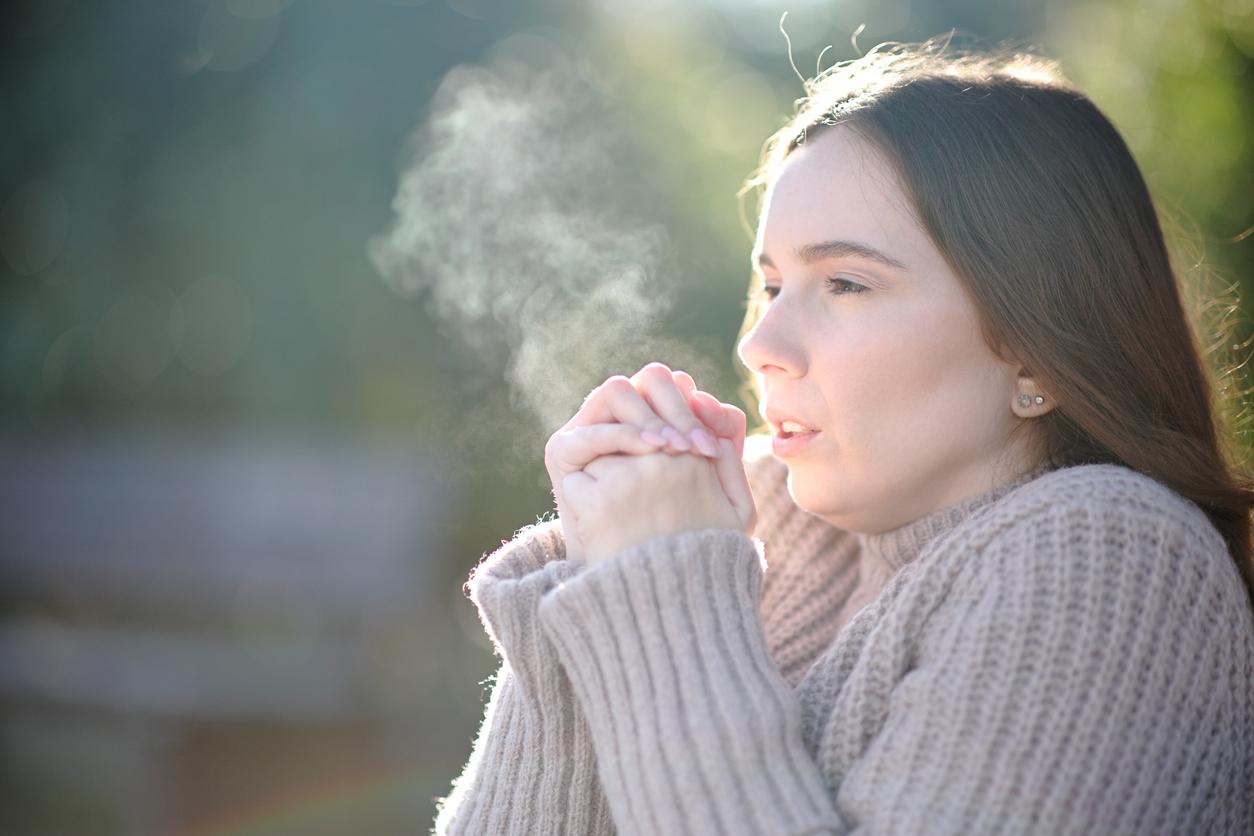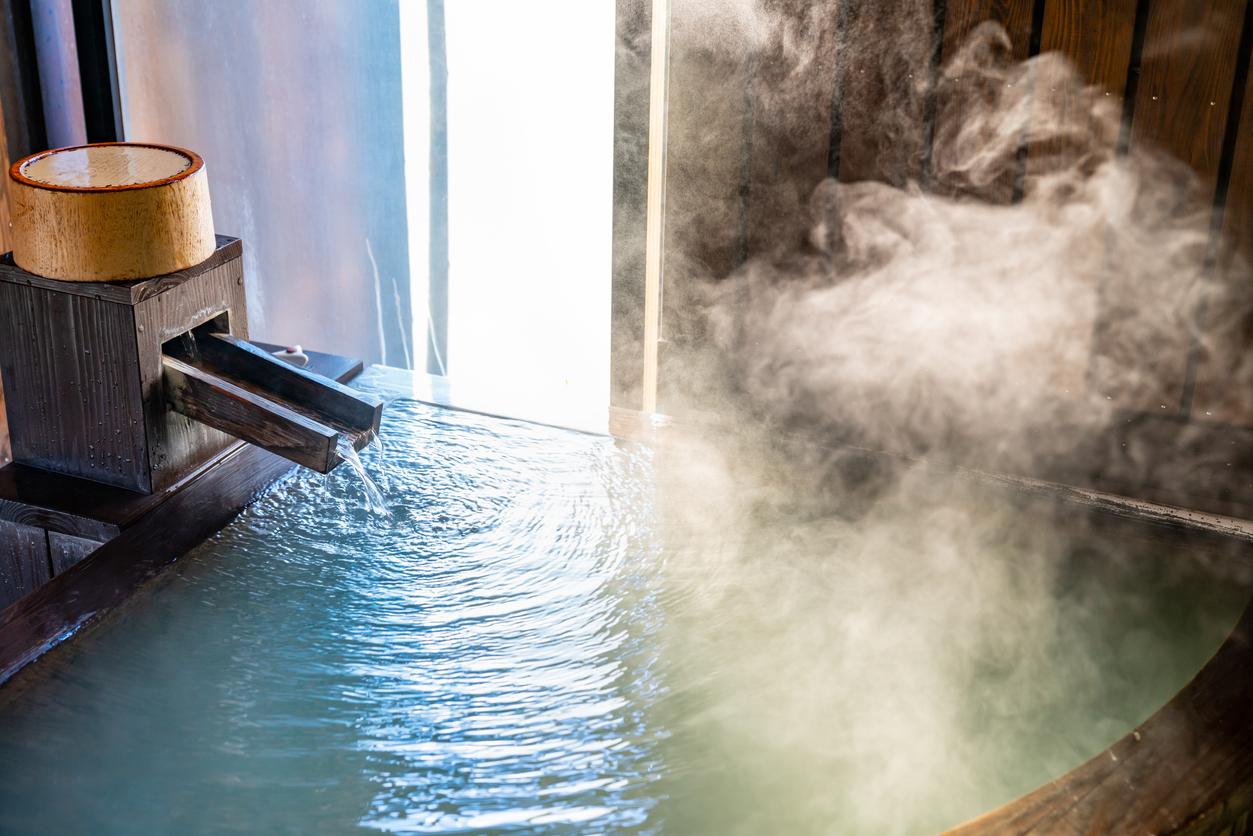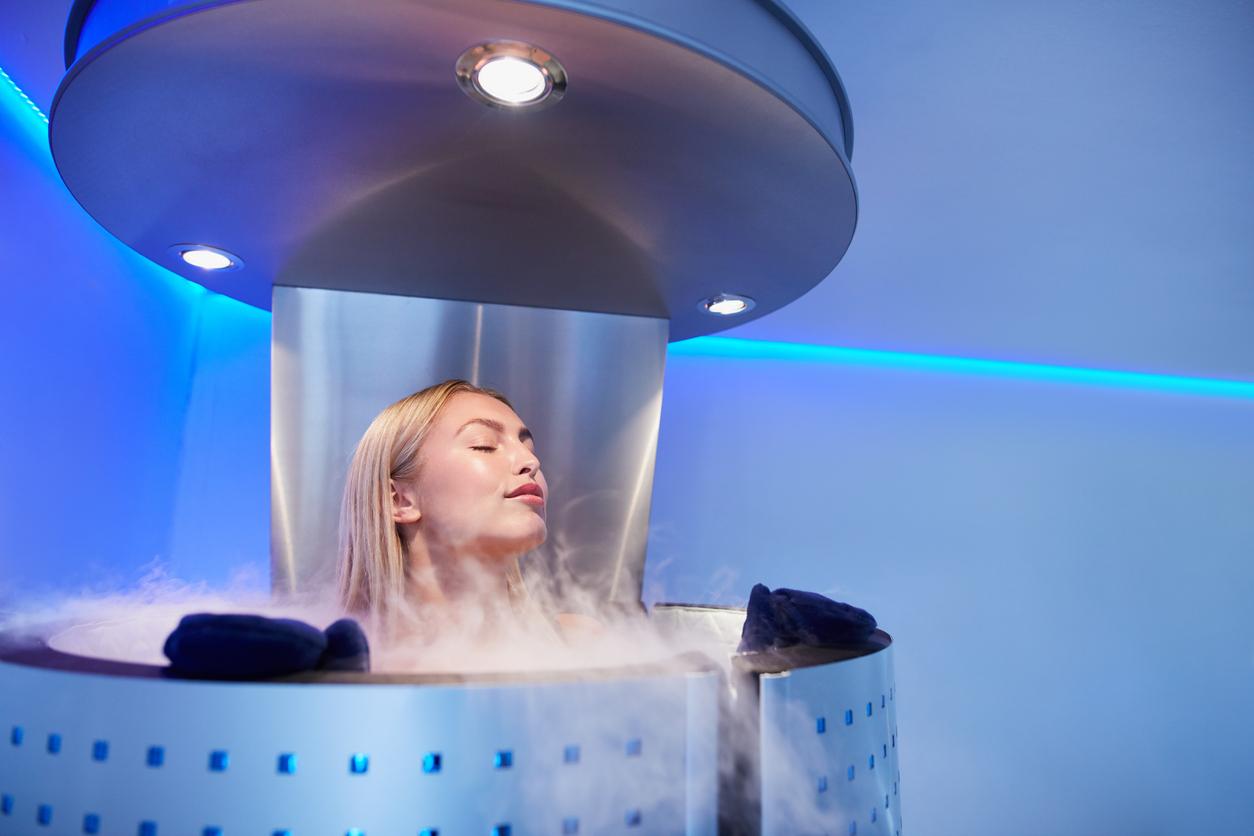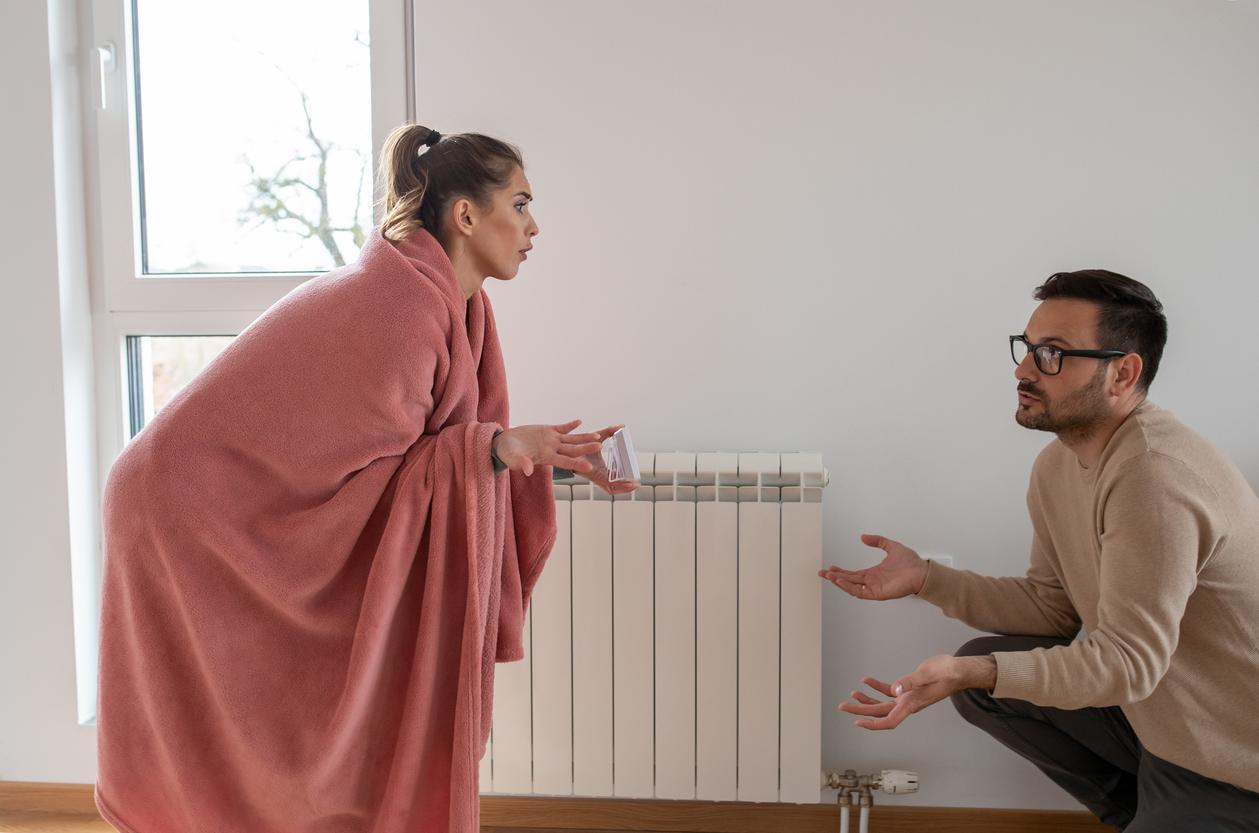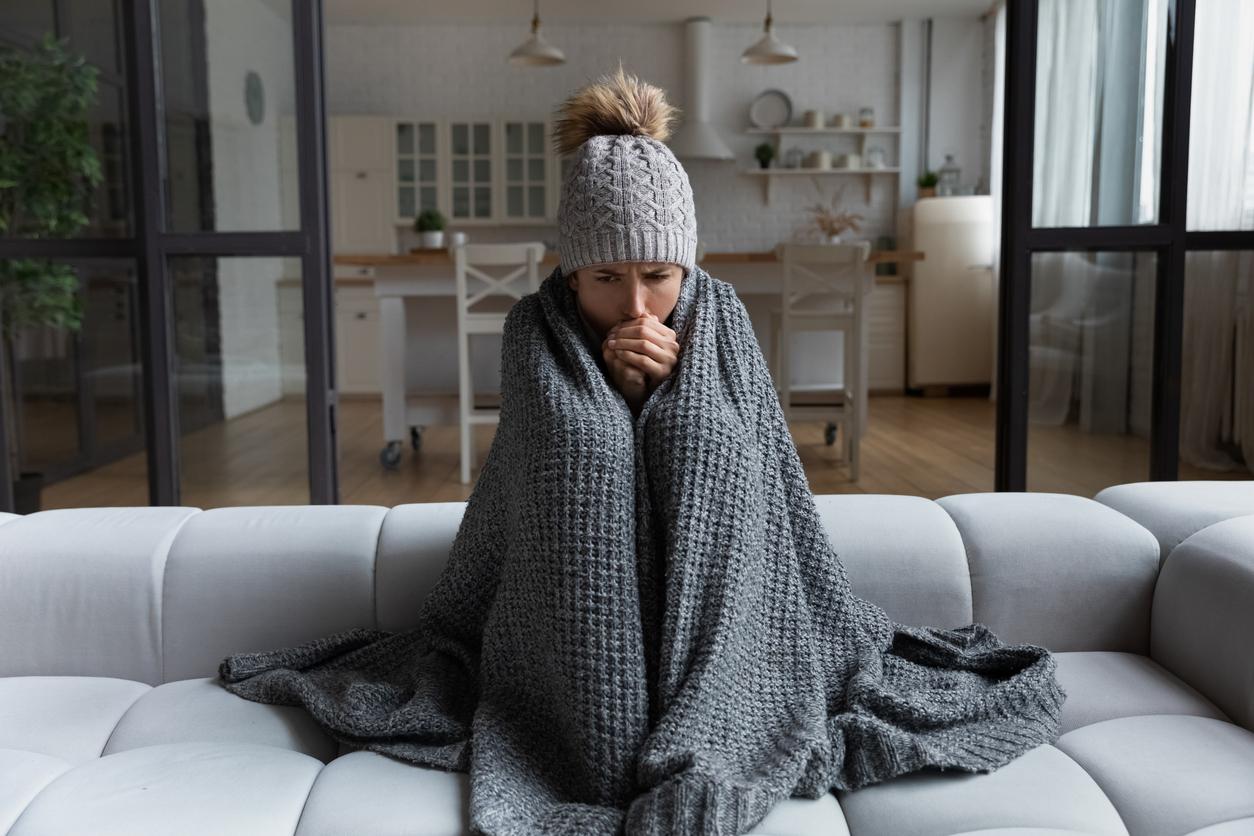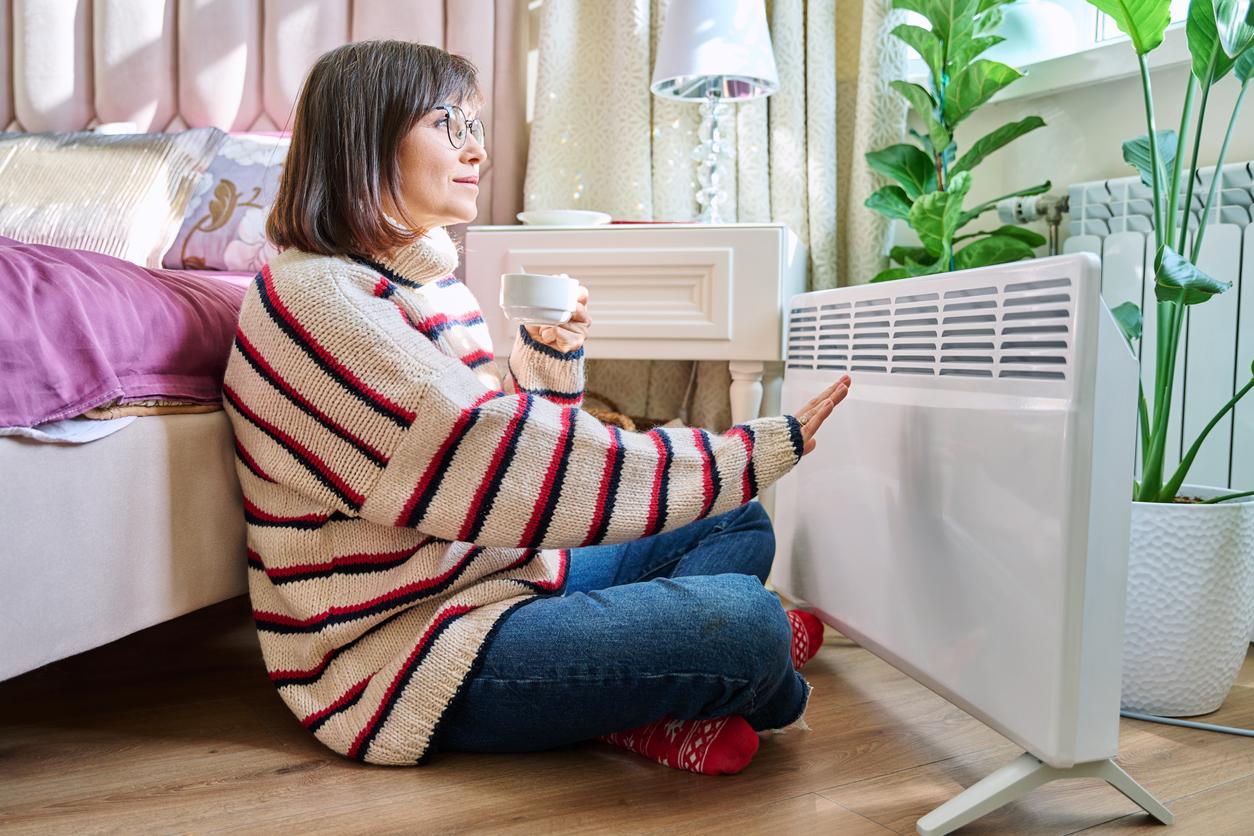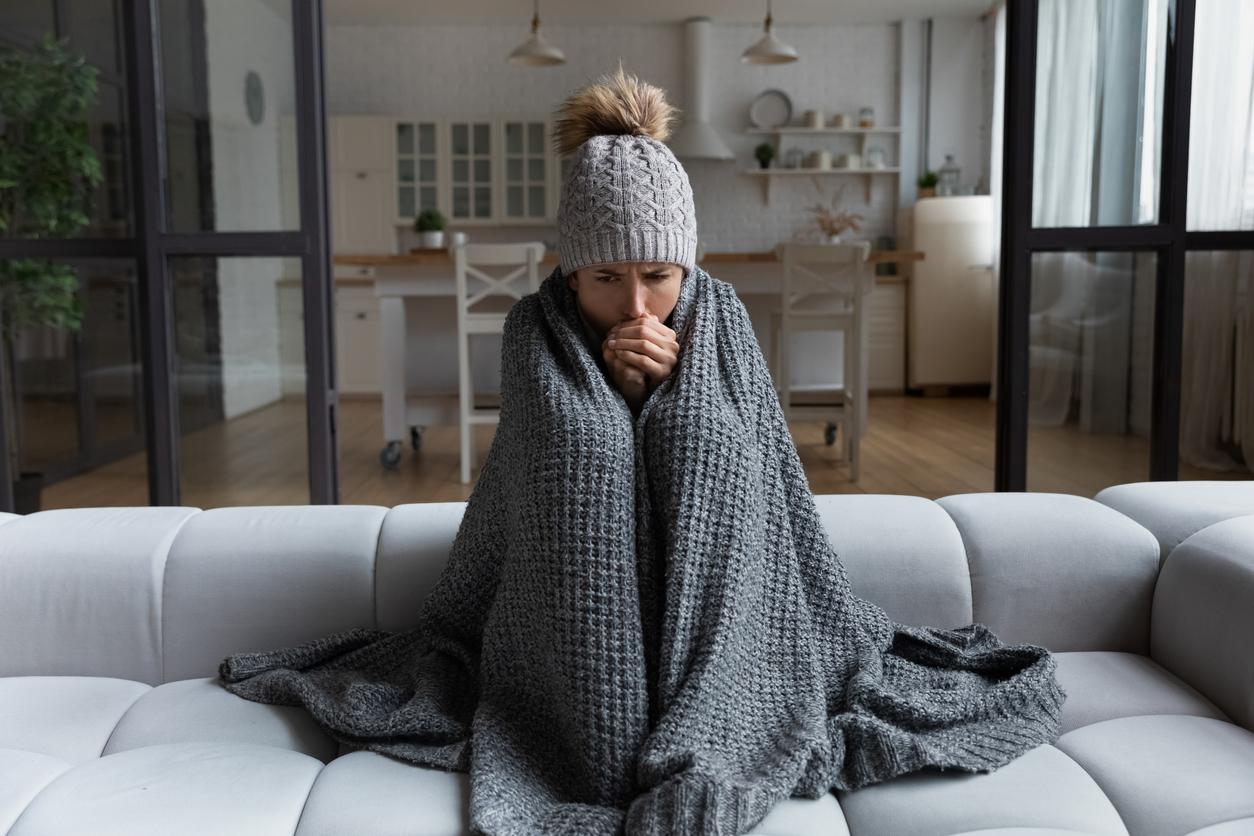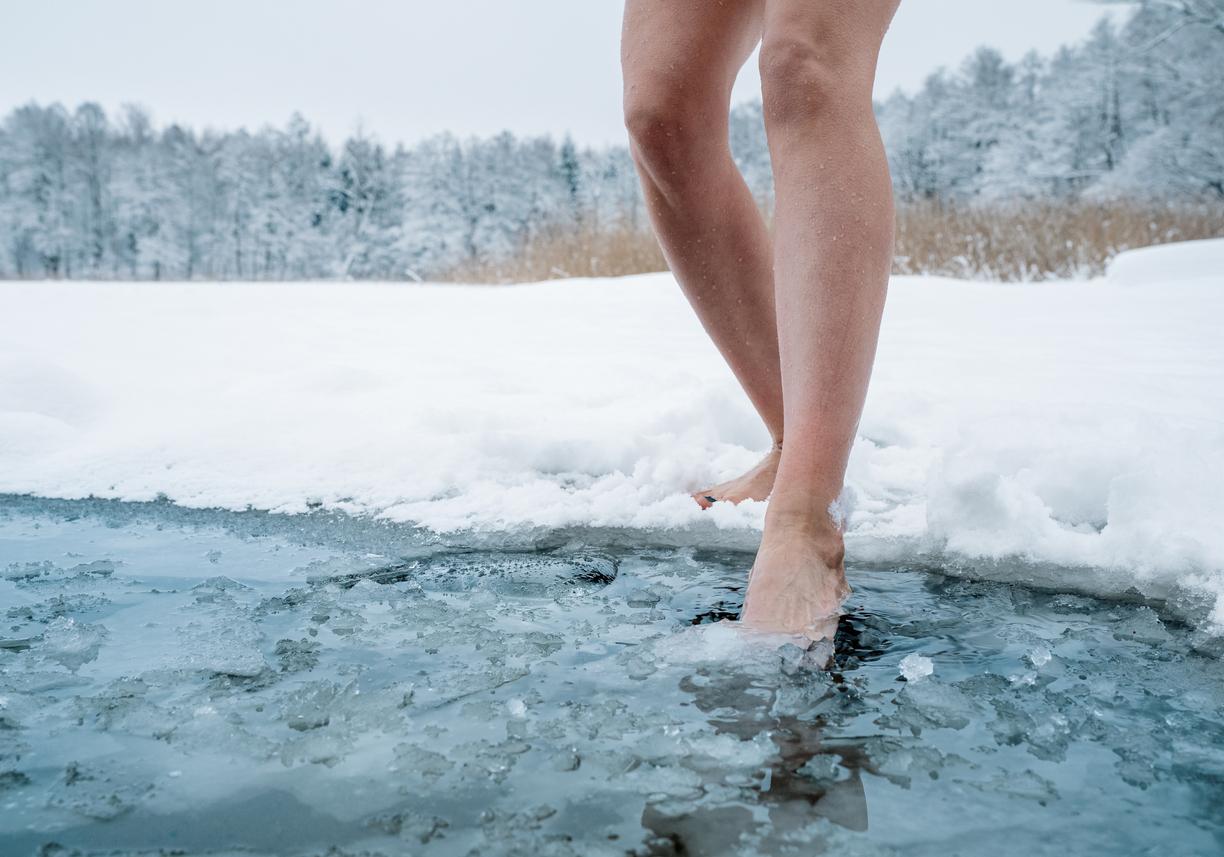Behind the received idea “the cold preserves” hides perhaps a scientific truth. This is what a researcher in the biology of aging from the National Center for Scientific Research (CNRS) in Toulouse wanted to test. This biologist, Éric Le Bourg, had already shown that exposing fruit flies (or fruit flies) to a cold important during the first two weeks of their adult life could increase their life expectancy and their resistance to severe stresses such as heat and fungal infections four weeks later. Éric Le Bourg then wanted to know if this protection was limited in time or extended to the entire lifetime. This question has been the subject of a new study published in the scientific journal Biogerontology. The scientist exposed young flies that lived at 25°C to sudden cold and then transferred them to environments whose temperature varied between 19 and 22°C. This early exposure to cold protected the flies from heat and cold throughout their lives (ie for about ten weeks).
New therapeutic avenues?
The researcher proposes an evolutionary explanation for this phenomenon. Indeed, the temperature can vary a lot in the wild, and tolerating long periods of cold or heat is a definite advantage in terms of survival. According to the researcher’s results, flies that had experienced moderate cold at five days of age lived longer in severe cold than those that had never experienced low temperatures. In a way, moderate cold makes it possible to prepare for greater cold and to be more resistant to it. But according to Éric Le Bourg, the differences in functioning between these small flies and humans are considerable and the effects of cold on the body and on our health can be very remote. “If these results show that, at least in flies, moderate stress at a young age can protect not for a short time but for life, there may be hope to observe similar results in mammals.“explains Éric Le Bourg in his study. If this protective effect exists with cold in Drosophila, it could work for other types of stress in humans.”Could subjecting men to moderate stress during their twenties or thirties provide such effects in terms of life expectancy? It would be a step in the prevention of age-related diseases because, like a vaccine, moderate stress could protect for life, until very old age.” concludes the researcher. But while waiting to know more, this study does not give you the wrong idea: it would not be a question of covering you with snow to increase your longevity !
>> To read also:
Cold feet: the right steps to stop suffering from it
Why do men live shorter than women?
How to protect baby from the cold?
Unusual: this woman could hold the secret of longevity









